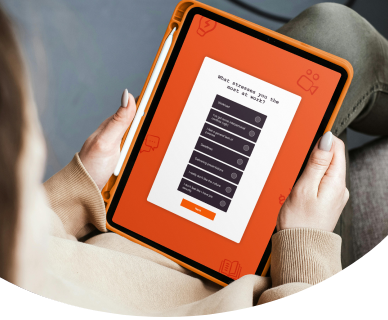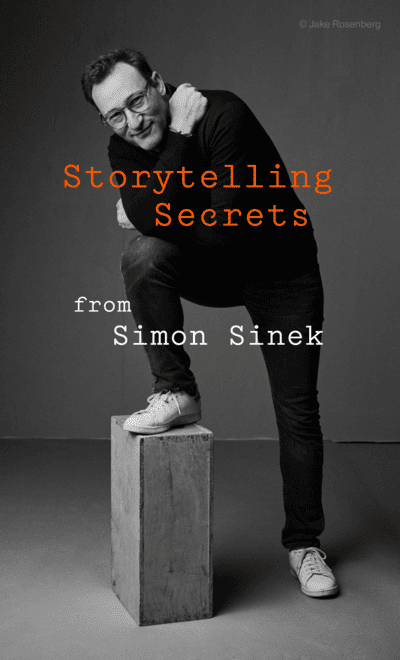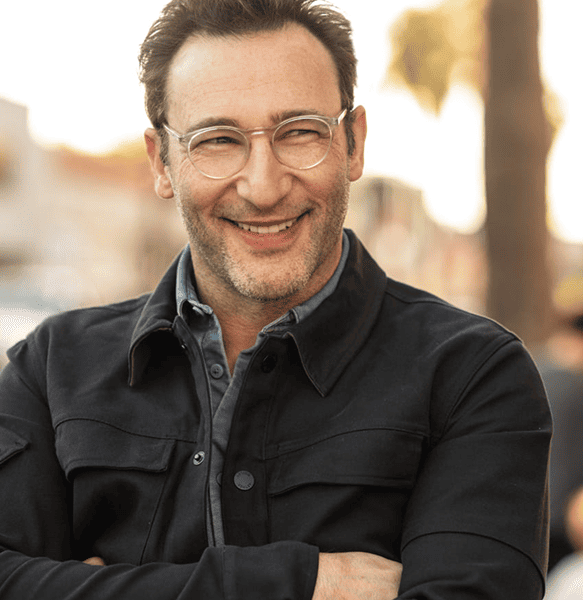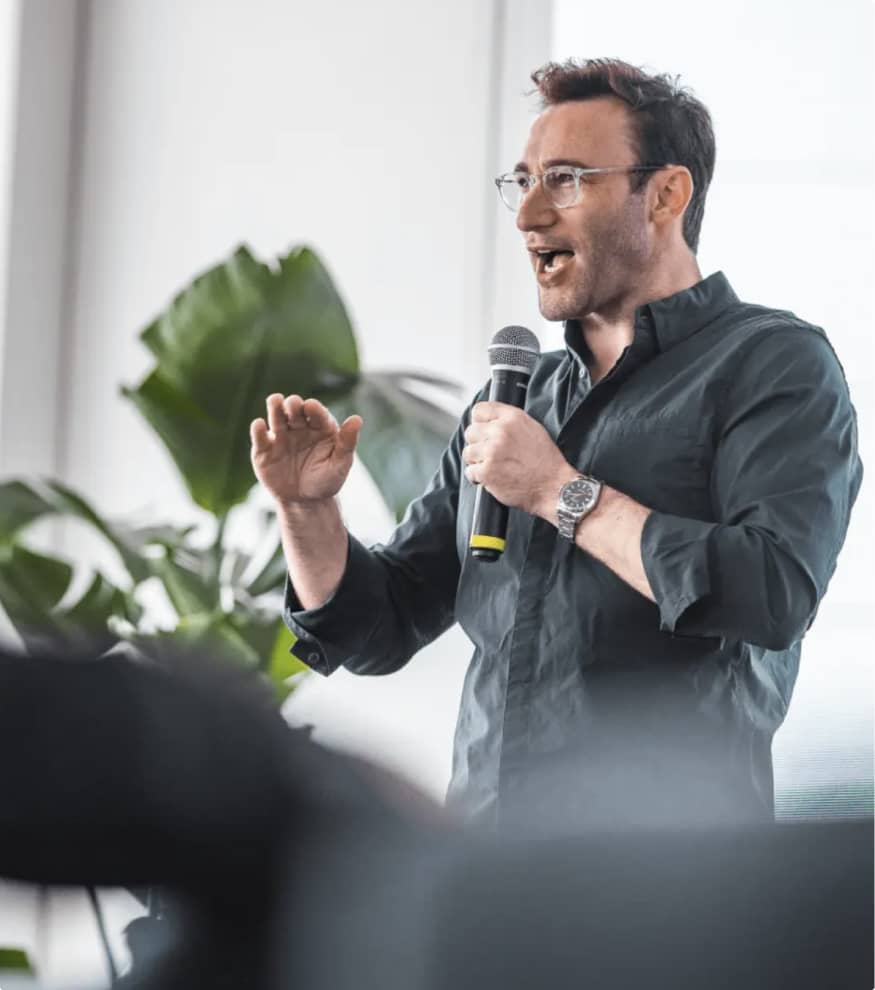Simon Sinek, our founder and Chief Optimist, has spent a lot of time collaborating with various branches of the military. He will be the first person to tell you that through these experiences he has learned some really profound lessons about friendship—one of which he wanted to share:
“Of the many things I’ve learned from those experiences,” says Simon, “first and foremost is that I am a better friend because of my military friends. They’ve taught me about the power of vulnerability and sincerity when talking to the people I love.”
Years ago, he was talking to a particular military friend. “We were catching up, talking each other through our respective problems, and just being there for one another,” he says.“Finally, we were finishing up our phone call, and before they hung up, they said I love you, brother.”
Simon was initially taken aback. He says, “the first time my friend said that to me, I almost couldn’t believe it. After all, these are some of the most hardened warriors who have seen such horrible things.”
But it wasn’t a mistake, and it wasn’t flippant or thrown out there casually; they didn’t just say, Love you! They said, I love you, brother.
“The word ‘I’ was in there,” he says. “It was sincere. I’ll never forget the way it made me feel.”
In civilian life, we have colleagues and co-workers, but in the military, they have brothers and sisters. Using such a familial term establishes deeply and honestly that there’s love there.
Simon took it to heart. “Now, I say “I love you” to my friends and call them brother or sister,” he says. “It’s amazing to see how they respond to that. Even friends of mine who are emotionally distant. When I started saying “I love you” to them on the phone, they started saying it back.”
So, we encourage you to say I love you to your friends. Call them brother and sister—
“—but only if you truly mean it,” says Simon. “Don’t use those terms lightly.”






